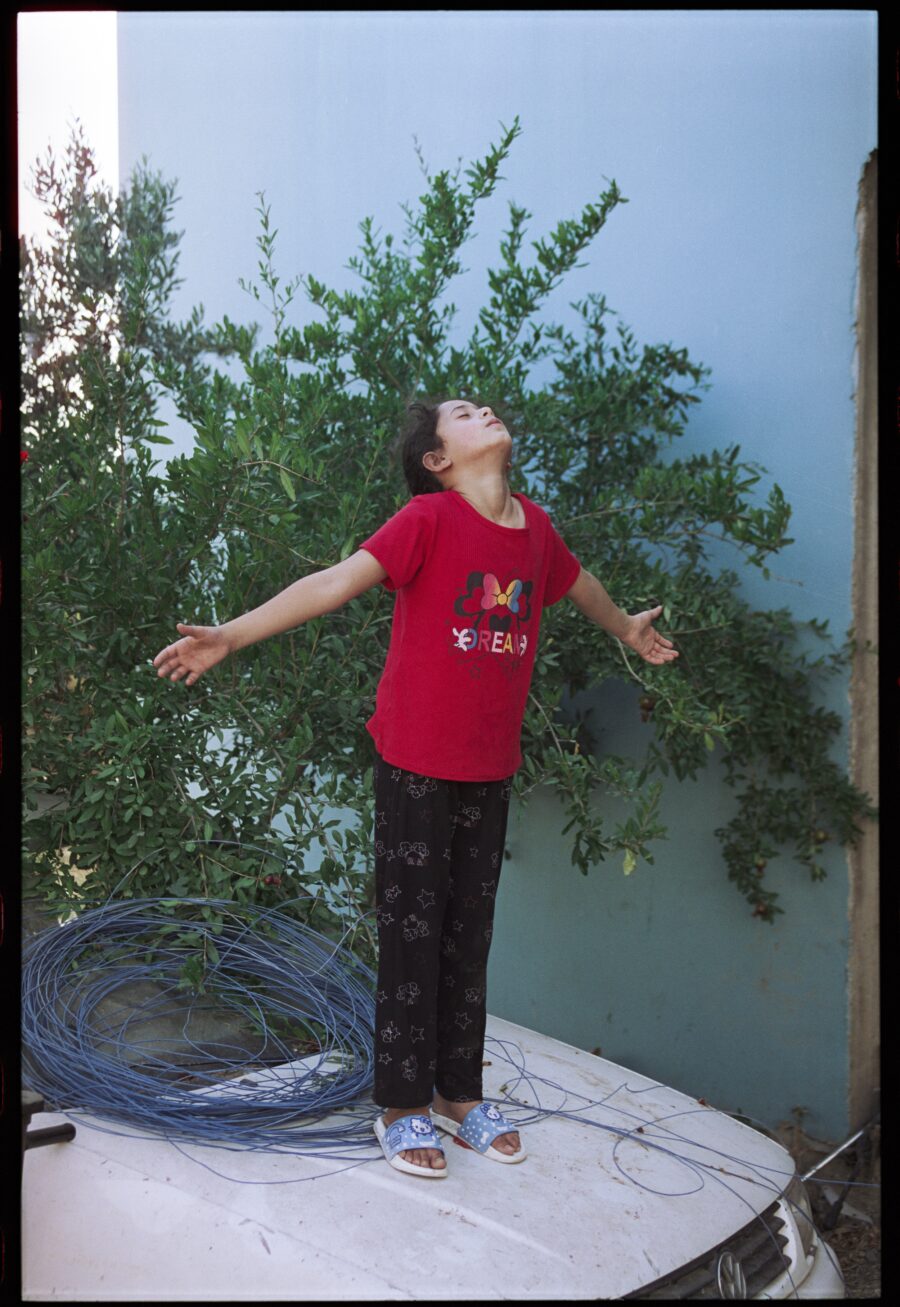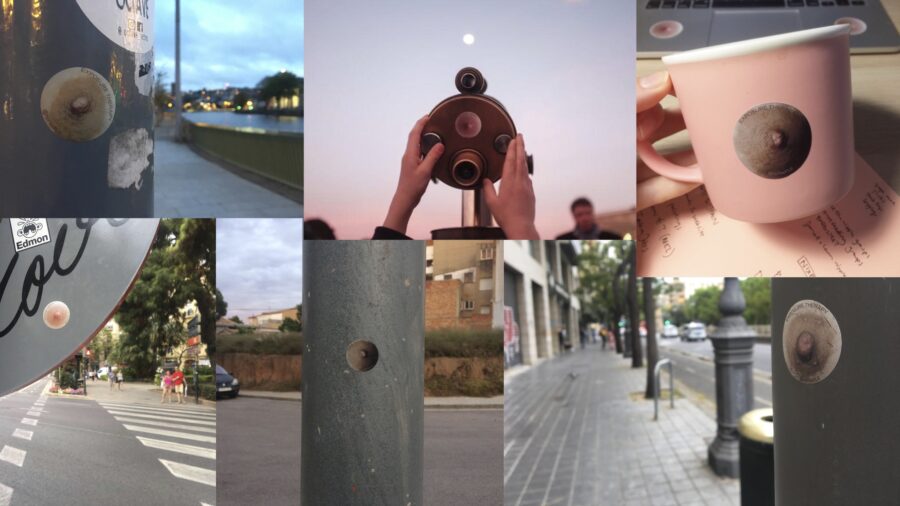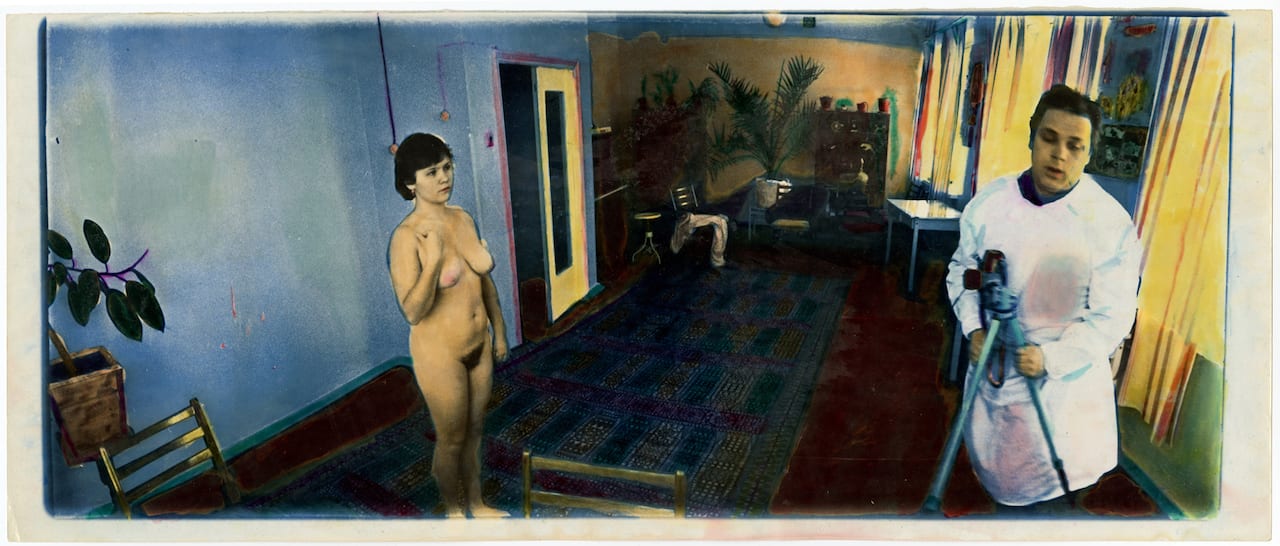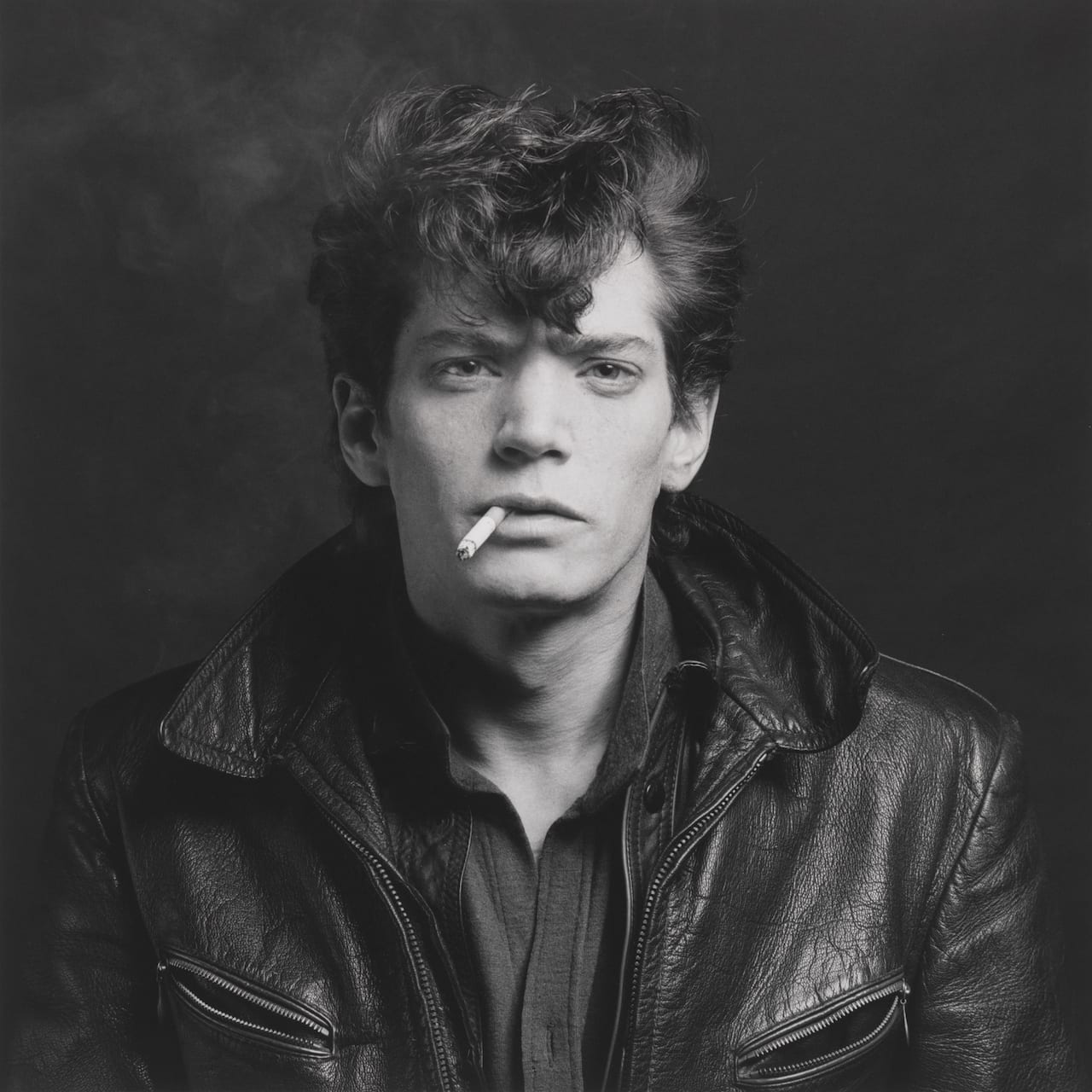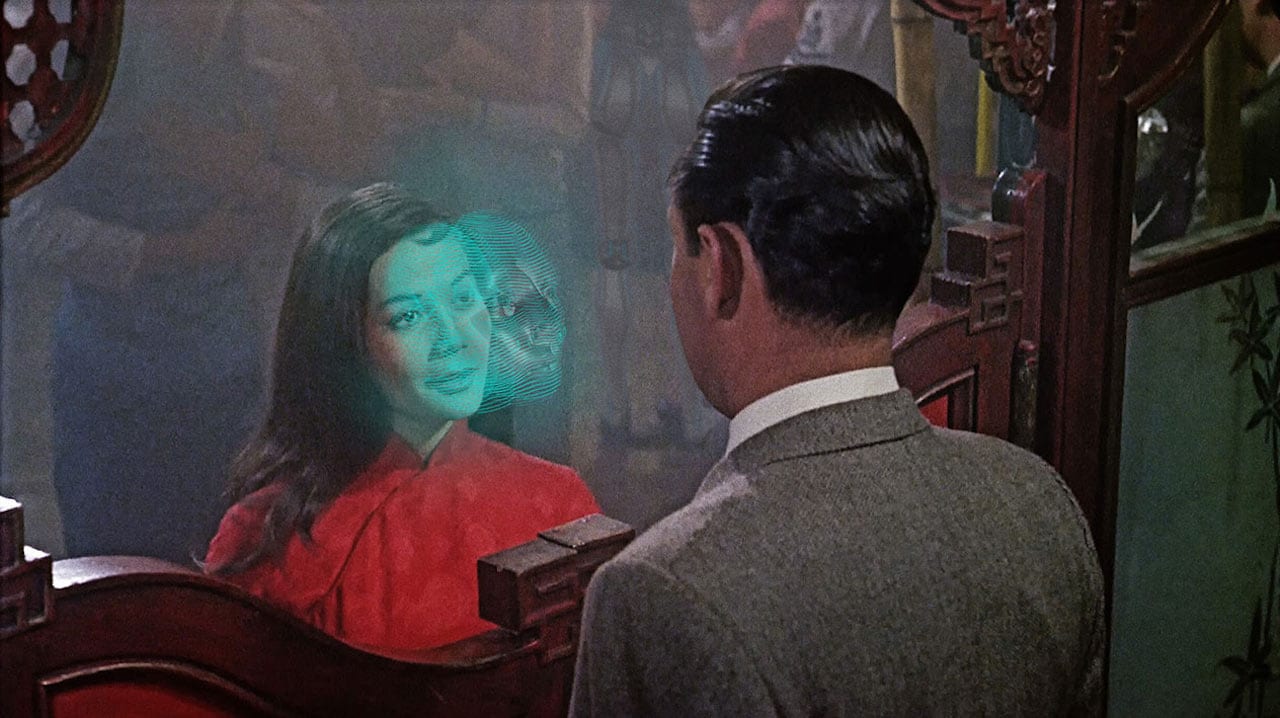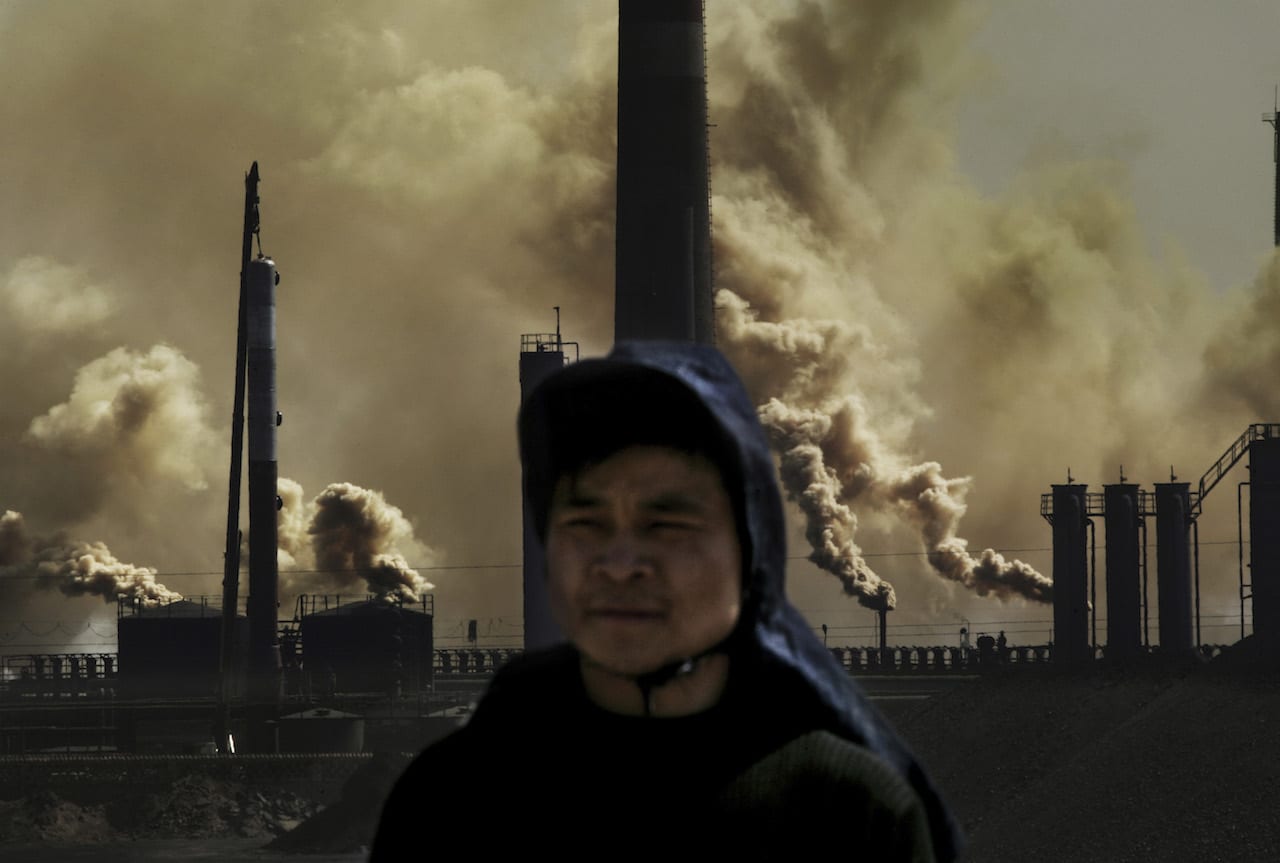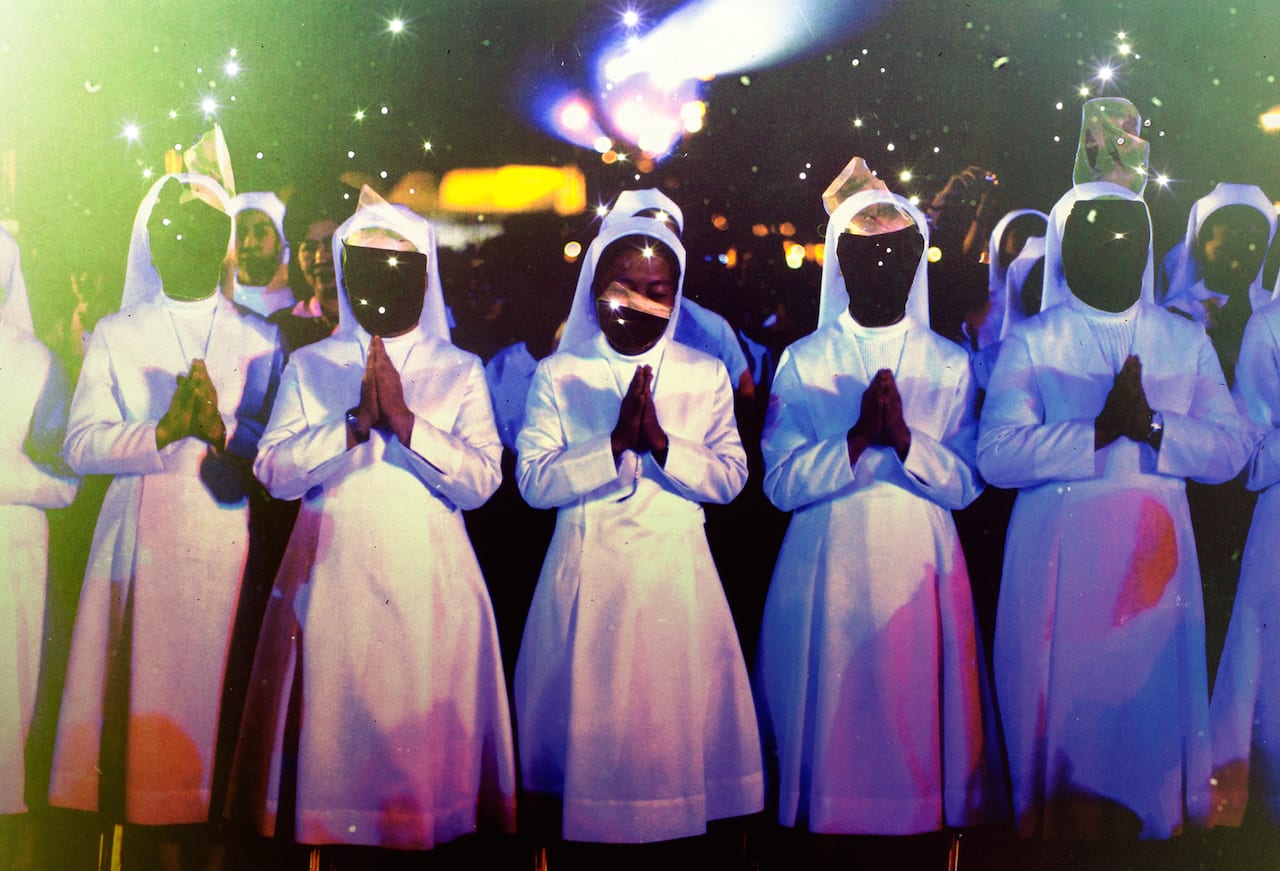In the winter of 1988, at the Institute of Contemporary Art in Philadelphia, an exhibition opened, triggering outrage. The Perfect Moment, a display of 125 photographs by New Yorker Robert Mapplethorpe, was the most comprehensive show of his work to date – and the most provocative – featuring images he had taken over the previous 25 years, including those of his divisive X Portfolio.
The retrospective came at a difficult time in Mapplethorpe’s life: he was 42, and losing his fight with Aids – the disease that would take his life the following March. Perhaps, for him, this was his final chance to show this expansive oeuvre to the public – most of it shot in his Manhattan loft. But his pristine black-and-white photographs of BDSM scenes, and the sexy, sinewy strangers he met at the Mineshaft sex club, shocked conservative audiences. On a political level, the culture wars in the US were raging.
